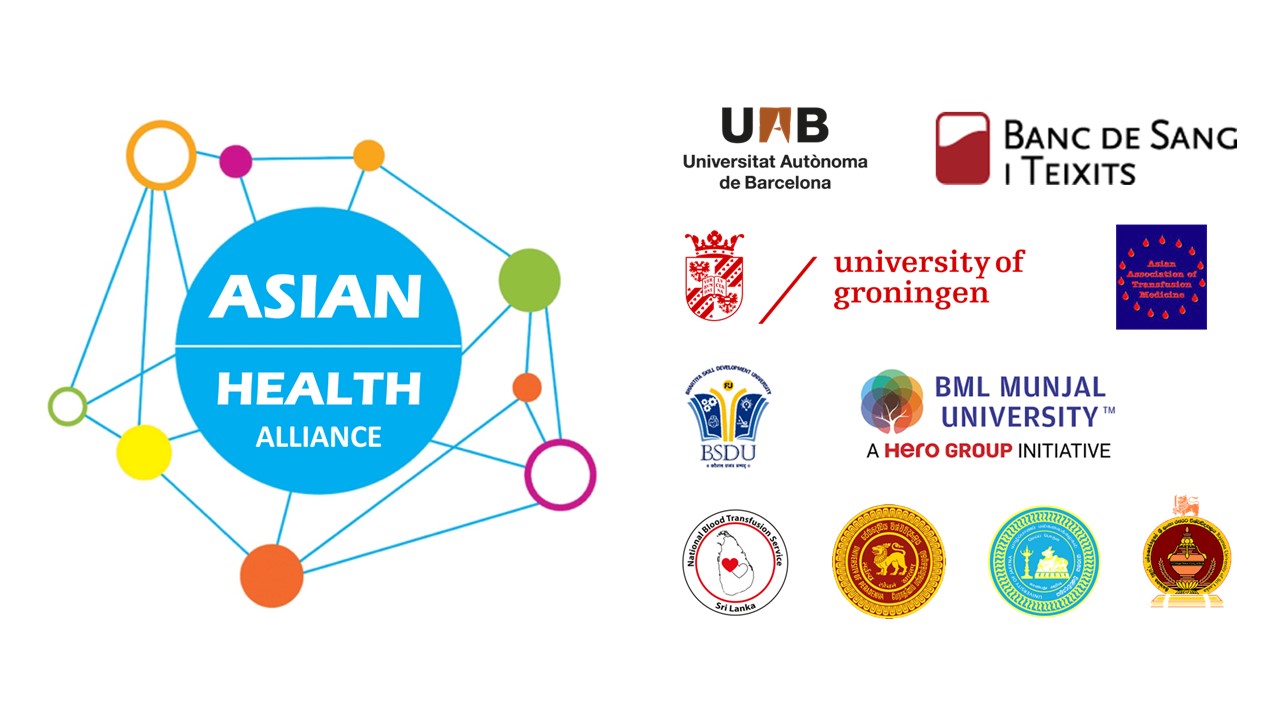
Every year, more than one hundred million people suffering from accidents or life-threatening diseases save their life thanks to blood component transfusions obtained from generous donations and the continued evolution of a yet “old” scientific discipline: Transfusion Medicine.
Transfusion Medicine (TM) is a globally spread medical science seeking for the universal access of patients to enough and safe blood and blood components. This goal is practically achieved on many countries, with a high degree of quality harmonization in Europe and North America. Contrarily, it does not happen yet in other parts of the world such as Central and South America and Asia.
To achieve the WHO objectives competency among staff in transfusion medicine needs to be improved to achieve the goal of “universal access to safe blood and blood products for transfusion”. Staff should develop their competency in many aspects. Most health professionals in Asia are only trained initially before recruiting to blood transfusion services and are occasionally trained through workshops and in-service training.
The following Partners will integrate a new consortium:
- Two HEI partners from Europe: Autonomous University of Barcelona (UAB), Spain, and Groningen University (GU), NL
- The Banc de Sang i Teixits (BST – Blood and Tissue Services) of Catalonia Spain.
- Two HEIs partners from India (BML Munjal University, Delhi (NCR) and Bharatiya Skills Development University, Jaipur)
- Three HEIs from Sri Lanka (University of Jaffna, Rajarata University of Sri Lanka, University of Peradeniya)
- The National Blood Transfusion Services (NBTS), Colombo.
- The Asian Association of Transfusion Medicine (AATM)
This consortium wishes to undertake this this capacity building in order to achieve two major goals: i) To Improve competencies on professionals working in the field of transfusion medicine in order to make blood transfusion safer and to save precious human lives and, ii) to improve the harmonization of transfusion medicine practice within Asian countries.
The project will integrate knowledge from Asia and Europe in the development of education programs in TM and will provide Asian partners with sophisticated equipment that will facilitate education tasks and the long-term implementation of the model. The joint common knowledge and the building of flexible and updated facilities make the described objectives achievable and realistic. The consortium does believe that this program will improve the current situation in Sri Lanka, India, and the Asia Pacific concerning the management of hematological health diseases.